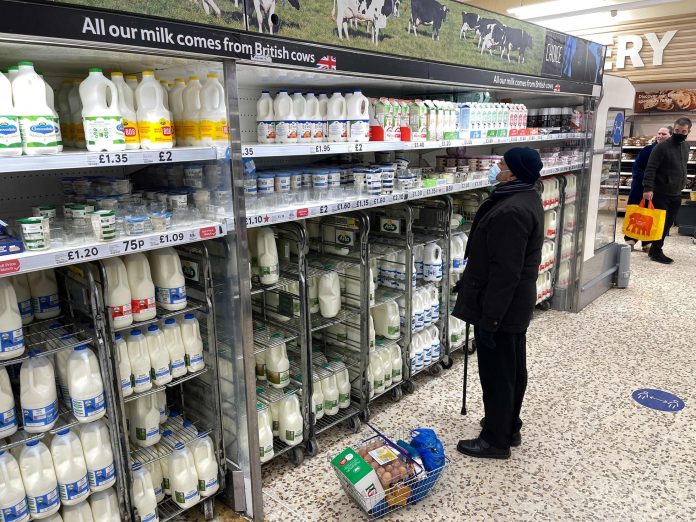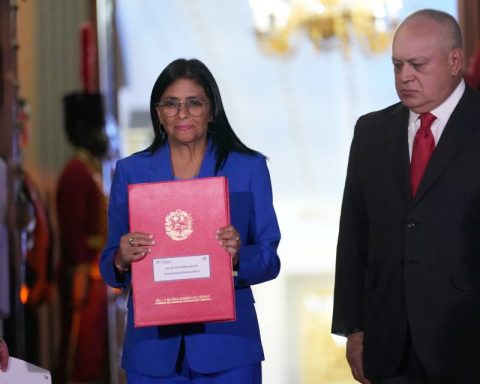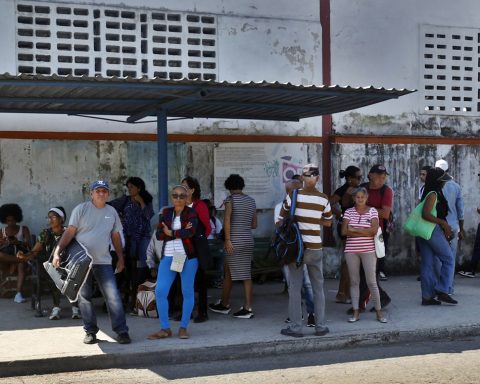Inflation in the UK will be just over 10% by the end of this year, the Bank of Englandwhich raised its main rate by 0.25 percentage points to try to counteract the uncontrolled rise in prices.
This is the fourth consecutive hike in the Bank of England’s guideline rate, taking it to 1%, its highest level since 2009.
“I recognize the difficulties this will bring to many people across the UK, especially those on low incomes who will be hit the hardest by rising energy and food prices,” said UK Governor Andrew Bailey.
“Global inflationary pressures have seriously intensified since the invasion Russia from Ukraine,” the central bank said, justifying its decision.
British households will feel especially the pressure in the fourth quarter, with a 40% increase in regulated energy prices expected in October, which will take inflation to culminate its surge at just over 10%.
As a consequence of the loss of purchasing power, the British Gross Domestic Product (GDP) should contract in the last quarter of the year, according to the issuing bank, which forecasts a negative growth of 0.25% in 2023.
Until February, the Bank of England forecast positive growth of 1.25% of GDP in 2023.
The British currency, the pound, reacted to this news by falling sharply against the dollar: at 12:50 pm GMT it lost 1.96% to trade at 1.2383 dollars.



















